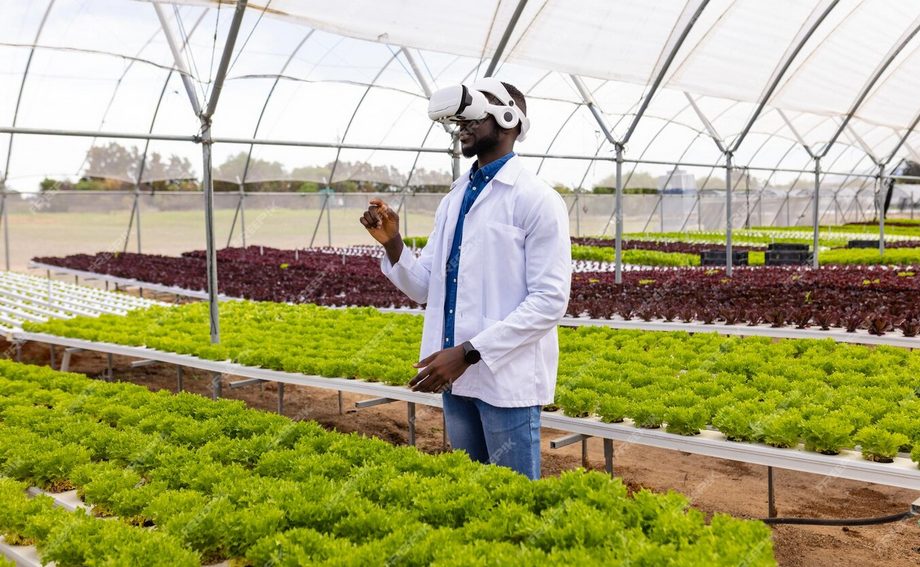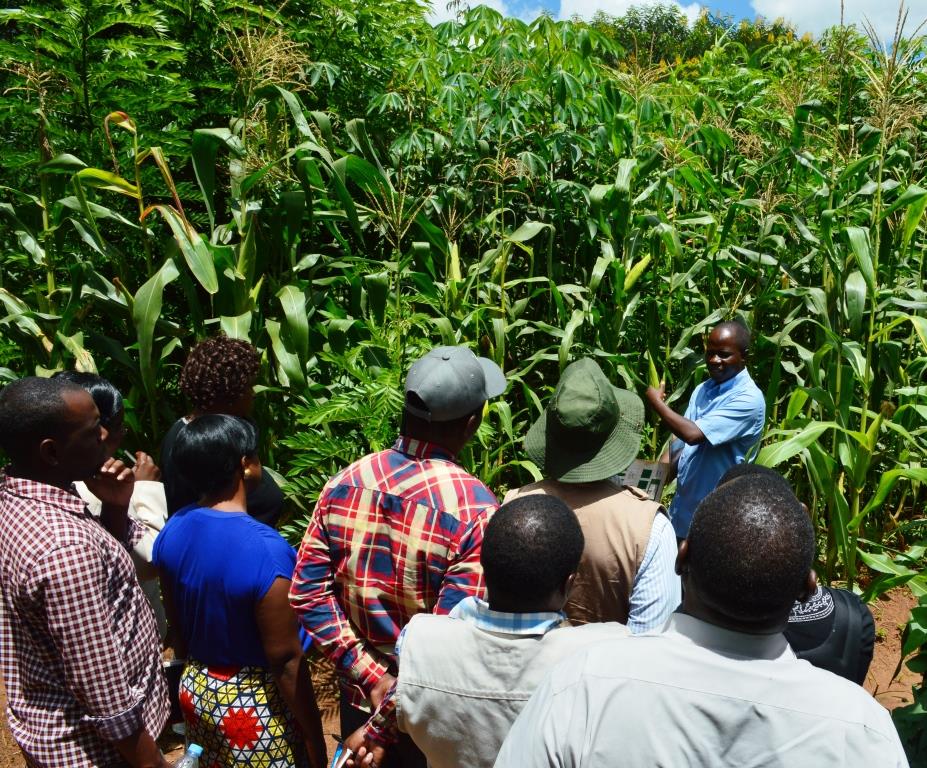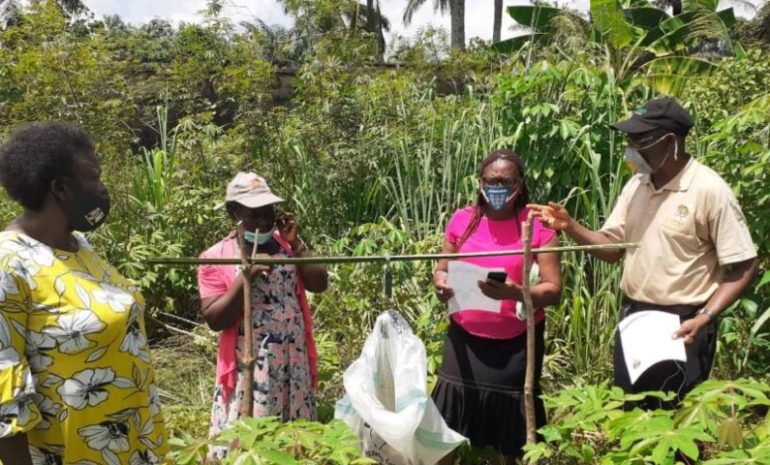The agricultural industry in Nigeria is a critical and most important sector of the economy; it also remains one of the fastest growing sectors contributing 22.02% to Nigeria’s nominal GDP in Q4 of 2024 (ref: NBS Product Report Q4 2024). However, farmers in Nigeria lack training in modern and efficient methods.
Due to limited access to practical training in modern farming techniques, mechanization, and post-harvest handling, many Nigerian farmers remain reliant on outdated methods. Virtual Reality (VR) offers a scalable, immersive solution that can equip farmers with hands-on agricultural skills and bridge critical knowledge gaps. Also, in a world where sustainability, technology, and efficiency are now at the forefront of business decisions, the use of VR or Mixed Reality (MR) can transform agricultural education in the country.

In this post, we explore how VR is transforming the way new generations of farmers across the world are being trained and prepared for the future of farming, and how Nigeria can leverage some of these new ways of training.
What is VR in Agricultural Education?
Virtual Reality is an immersive technology that creates realistic, computer-generated environments. In agricultural education, it allows students and trainees to explore farms, operate equipment, and learn best practices in a safe, controlled virtual space.
Whether it’s sowing crops, diagnosing plant diseases, or managing livestock, VR offers a hands-on experience without the real-world risks and costs.
1. Hands-On Training in a Safe Environment
Farming comes with its challenges, heavy machinery, chemicals, and unpredictable weather. But, VR allows the student-farmer to learn by doing without being exposed to these hazards. Students can operate virtual tractors or harvesters, practice planting and harvesting, handle livestock, and monitor their health. Through this method, learners retain more, gain confidence, and are better equipped for real life agricultural practice.
2. Learning Without Location Barriers
VR breaks down the barrier of limitation. It allows aspiring farmers (trainees) in cities or remote areas without training farms, to access large training farms from anywhere. They can explore fully simulated environments through a VR headset and or without internet connection, making agricultural education more accessible and inclusive than ever before.
3. Immediate Application in Training Scenarios
With VR, trainees can be put into scenarios like diagnosing pest infestation or making planting decisions based on soil data. These exercises prepare students to think critically and act fast, just like they would on a real farm. This shows VR isn’t about theory, but interactive problem-solving.
4. Learning Sustainable Practices
VR helps trainees learn eco-friendly practices such as pest control, crop rotation, mulching, and water conservation techniques. Students can simulate and test sustainable strategies before applying them in real life, promoting responsible farming from the start.
5. Cost-Effective Training for Schools and Institutions
Setting up a physical training farm can be expensive. VR offers a budget-friendly solution that eliminates the cost of land, tools, seeds, and livestock. Educational institutions can invest in VR programs to train hundreds of trainees without enlarging their physical infrastructure.

This innovative approach allows agricultural colleges, vocational schools, and rural training centers to invest in comprehensive VR programs, enabling them to train hundreds of students simultaneously in a cost-effective way. For instance, Nigerian Universities can integrate VR into their Agricultural Economics and Agriculture Extension programs, thereby helping future and existing farmers train with more modern techniques and tools, though in a virtual space.
With VR, learners can engage in realistic farming simulations, exploring various agricultural practices and techniques within a safe and controlled environment. This not only minimizes the need for extensive physical infrastructure but also provides students with hands-on experience that is crucial for their skill development. Overall, integrating VR into agricultural education is a forward-thinking solution that enhances accessibility and learning efficiency in the field.
Conclusion
As the agriculture industry becomes technology-driven, farmers must develop digital literacy. VR plays a crucial role in bridging this gap by introducing farmers to technology for a more effective and productive farming.
Agriculture is not just about cultivating crops anymore; smart farmers are being nurtured and prepared for the digital age.
Virtual Reality is more than just a technological trend, it’s an amazing tool for transforming how farmers of tomorrow are educated. It is also a great equalizer, reducing the barrier to learning sophisticated farming techniques, which will greatly empower farmers in our rural communities across the country – from the yam farmers in Benue, to the sorghum growers in Kano, the rice cultivators in Ebonyi, the cassava producers in Oyo, and the groundnut farmers in Taraba – enabling them to adopt modern practices and improve productivity regardless of their location or literacy level.
—
The farm of the future begins in a virtual world today. Are you ready to be part of this revolution?
At Insightful3D Studio, we specialize in creating immersive VR and MR solutions that transform learning and empower organizations for better business performance. Whether you’re training youths, empowering rural communities, or modernizing extension services, we’re here to help craft customized immersive experiences tailored to your goals.
Get in touch with us today to explore how we can bring your vision into the virtual world.
Call: +234 906 000 6378
Insightful3D Studio – Your trusted XR partner.

